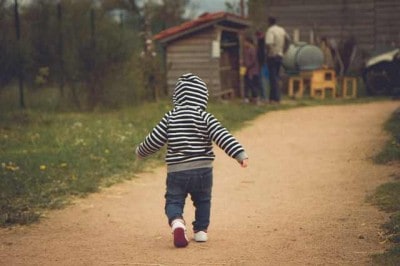 New Legislation in the state of Illinois has parents worried about leaving their teenagers home alone. Known as the Abused and Neglected child Reporting Act (or 325 ILC 5/), the new law states that:
New Legislation in the state of Illinois has parents worried about leaving their teenagers home alone. Known as the Abused and Neglected child Reporting Act (or 325 ILC 5/), the new law states that:
“The Illinois Department of Children and Family Services shall, upon receiving reports made under this Act, protect the health, safety, and best interests of the child in all situations in which the child is vulnerable to child abuse or neglect, offer protective services in order to prevent any further harm to the child and to other children in the same environment or family, stabilize the home environment, and preserve family life whenever possible.”
Also known as the Parental Responsibility Law, this legislation will, in effect, make any parent subject to the scrutiny of their neighbor, and to the full jurisdiction of the law beyond that point when they leave any child under 14 home alone, whereupon that child may be put into protective services.
There are 14 factors that determine whether a minor is in danger, including the age, and number of minors left at the location. However, the vague 15th factor leaves the door wide open for unreasonable interference from law enforcement and other state agencies. The 15th factor is quoted as “any factor that would endanger the health and safety of that particular minor.”
However, not just limited to the neighbor, the law also stipulates the Department of Children and Family Services to seek cooperation and the involvement of all public and private agencies according to section 7.1. (a) of the Abused and Neglected Child Reporting Act (ANCRA).
According to section 4. of ANCRA, which lists off a litany of approximately 70 different agencies that may be looking over parents shoulders, suspecting them of neglect or abuse; dentists, acupuncturist, and recreational or athletic program or facility personnel, as well as clergy members and physicians, are required to disclose information regarding suspected abuse or neglect.
Given the above, anyone can see how this law may be overstepping the bounds of governmental jurisdiction into the very nitty gritty of people’s personal lives. The vague language and wide spread capability given to the Department of Children and Family Services through this law seems more draconian than wholesome. Yet again the consolidation of the state into a more comprehensive and controlling entity rises, seeking to assuage the people, instead puts them into a state of fear, suspicion, and divisiveness.


